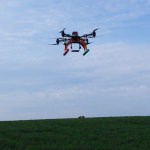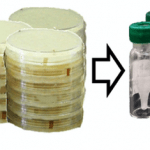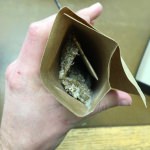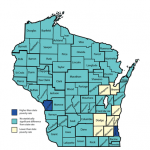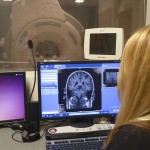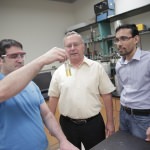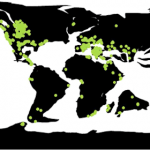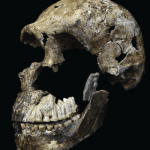Tag Research
UW-Madison places highly in reputation rankings
The University of Wisconsin–Madison is again being recognized as one of the world’s top learning institutions this year, placing 32nd in the Times Higher Education World Reputation Rankings.
Online dating study shows too many choices can lead to dissatisfaction
Could there be too many fish in the sea? When it comes to online dating, that might be the case, according to researchers at the University of Wisconsin–Madison.
Finding useful chemicals from fungi, faster
Fungi are rich sources of natural molecules for drug discovery, but many challenges have pushed pharmaceutical companies away from tapping into this bounty. Now scientists…
Machine learning can detect a genetic disorder from speech recordings
Researchers accurately identified individuals with a genetic condition known as fragile X premutation, linked to neurodegenerative disorders, infertility or having a child with fragile X syndrome.
Celestial boondocks: Study supports the idea that we live in a void
An undergraduate's work confirms we live in a hole in the cosmos, and sheds light on how we measure the rate at which the universe is expanding.
Rediscovered mosses document changing Wisconsin landscape
The Wisconsin State Herbarium at the University of Wisconsin–Madison has discovered a collection of more than 2,000 mosses from the turn of the 20th century, lost to time in a cabinet inside Birge Hall, where the herbarium is housed.
Mindfulness-focused childbirth education leads to less depression, better birth experiences
A study shows mindfulness training that addresses fear and pain during childbirth can improve women’s childbirth experiences and reduce their depression symptoms during pregnancy and the early postpartum period.
Annual UW–Madison study shows Wisconsin poverty fell in 2015 as the economy improved
Researchers studying the economic and policy forces that affect Wisconsin poverty released their latest results, which show that Wisconsin gained 70,000 jobs, leading to a modest, but statistically significant reduction in poverty as measured by the Wisconsin Poverty Measure (WPM).
30-year collaboration earns UW climatologist China’s top science honor
University of Wisconsin–Madison climatologist John Kutzbach has been awarded China’s highest scientific honor for foreigners in recognition of 30 years of collaboration that has advanced both American and Chinese climate science.
UW, GE Healthcare team up to improve medical imaging, patient outcomes
A multi-decade relationship between UW–Madison and GE Healthcare has created a stream of medical imaging inventions that look inside the human body with increasing accuracy.
Triple play boosting value of renewable fuel could tip market in favor of biomass
Technologies for converting non-edible biomass into chemicals and fuels traditionally made from petroleum exist aplenty. But when it comes to attracting commercial interest, these technologies compete financially with a petroleum-based production pipeline that has been perfected over the course of decades.
UW-Madison biochemist wins Shaw Scientist Award
Ophelia Venturelli's research may lead to the ability to engineer behaviors among beneficial microbes in the gut ecosystem, which could be used to enhance their resilience to invasion by pathogens or unintended impairment from antibiotics.
Over-the-counter drugs: Do we take as directed?
A marketing professor is studying how to discourage people with raging headaches from violating drug label directions. His findings could lead to changes in labeling and improved consumer education.
South African cave yields yet more fossils of a newfound relative
The discovery of the new Homo naledi fossils, representing the remains of at least three juvenile and adult specimens, includes a “wonderfully complete skull,” says UW–Madison anthropologist John Hawks.




